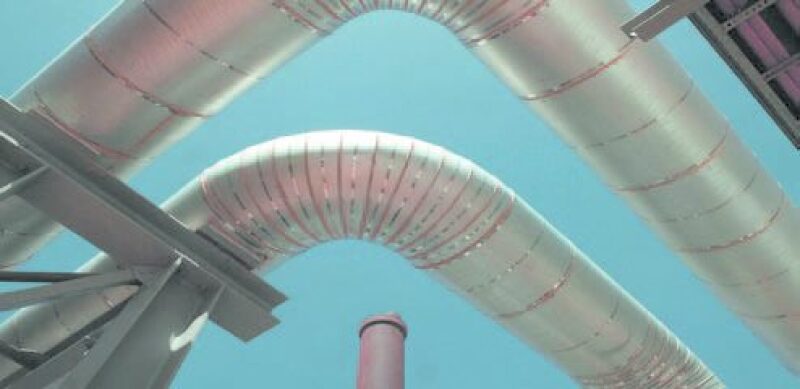Tallgrass Energy has won a grant from the Wyoming Energy Authority (WEA) to fund the development of a commercial-scale CO2 sequestration hub in the Denver-Julesburg (DJ) Basin in eastern Wyoming. The grant is in addition to the company’s proposed direct investment in the project, dubbed the Eastern Wyoming Sequestration Hub project, which is designed to provide a cost-effective means of capturing, transporting, and sequestering CO2 across multiple states.
“The Eastern Wyoming Sequestration Hub project is a strong addition to our existing decarbonization initiatives and aligns with our broader clean energy strategy,” said Kyle Quackenbush, segment president at Tallgrass. “This project can accelerate the state’s goal to be net negative in CO2 emissions by importing and sequestering CO2 and benefit the broader Rocky Mountain and Midwest regions. We very much appreciate the support of the Wyoming Energy Authority and look forward to working with them, as well as other government and community leaders in Wyoming.”
Tallgrass expects to utilize the WEA grant in 2022 to fund development activities and the drilling of a characterization well in connection with its anticipated Class VI permit filing for the hub.
The D-J hub is just the latest in Tallgrass’s clean energy initiatives. Last fall, the company was awarded federal funding by the US Department of Energy’s National Energy Technology Laboratory as part of a national effort to advance next-generation clean hydrogen technologies and support DOE’s Hydrogen Energy Earthshot initiative to reduce the cost and accelerate breakthroughs in the clean hydrogen sector.
The DOE award will fund Tallgrass’ study of CO2 capture associated with producing hydrogen from natural gas via an autothermal reforming (ATR) facility. The study’s objective is to design a commercial-scale carbon capture unit capable of capturing 1.66 mtpa of pure CO2 with more than 97% total carbon capture efficiency. Tallgrass is working with DOE officials to finalize terms and the scope of the study, valued at $1.875 million.
According to the study outcome, Tallgrass said it is evaluating the development of an ATR plant in Douglas, Wyoming, for hydrogen production and carbon capture and storage on a commercial scale.
Additionally, last September, Tallgrass announced a multiyear partnership with Project Canary to make Tallgrass’ Rockies Express Pipeline the first interstate natural gas transmission pipeline in the US to receive a comprehensive and independent environmental assessment and certification from Project Canary. The certification standards will be focused on environmental stewardship, operational excellence, and real-time emissions detection and monitoring. Colorado School of Mines will partner with Project Canary to review and validate data.
The Rockies Express Pipeline, in which Tallgrass owns a 75% stake, transports up to 4.4 Bcf/D of gas between northwestern Colorado and eastern Ohio. Phillips 66 holds the remaining share.
The long-term objectives of the partnership will enable the midstream sector to certify carbon-neutral gas transportation capacity and enable tip-to-tip certification and tracking of gas molecules, including responsibly sourced and renewable natural gas to markets seeking to meet new low-carbon goals.


